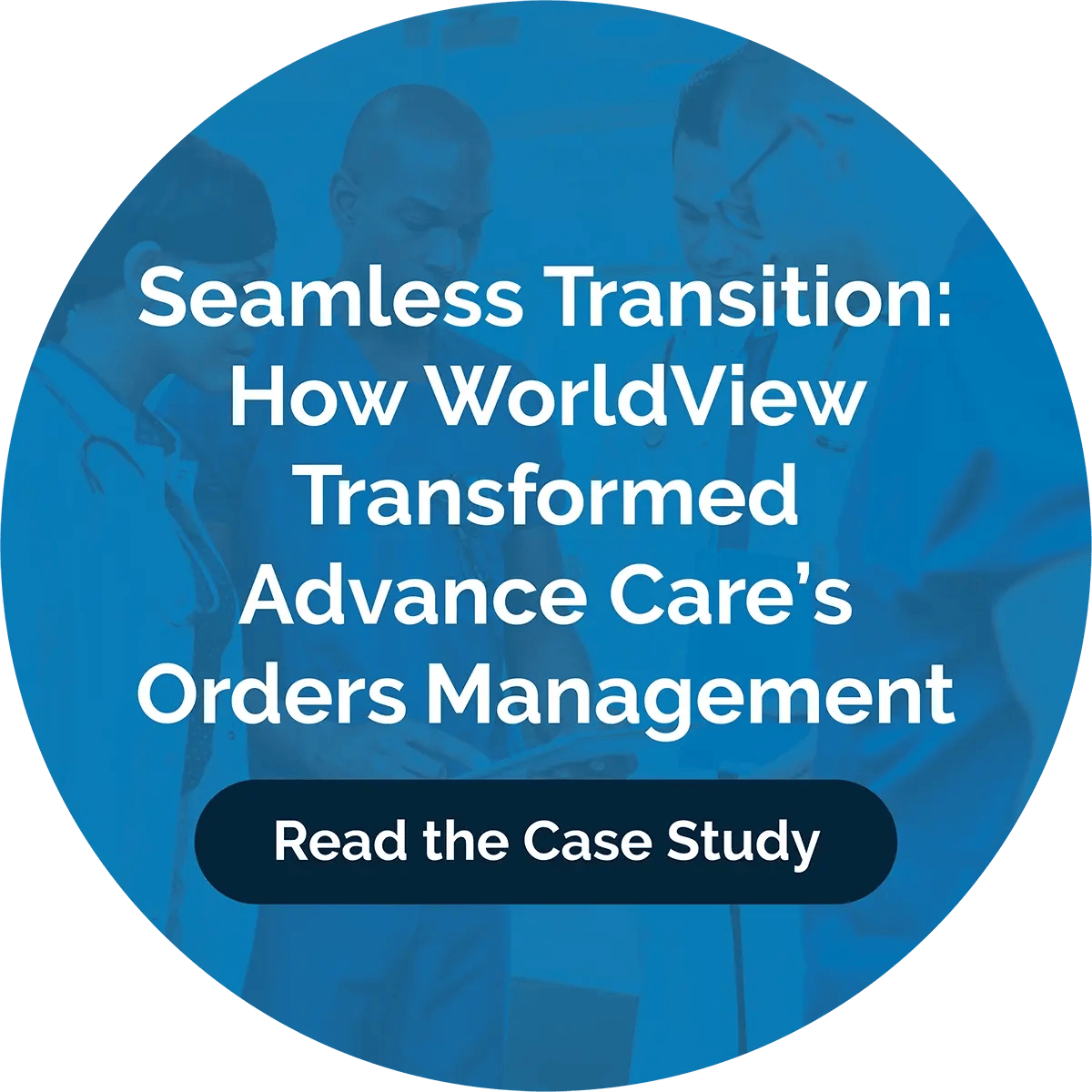How Mobile Coordination Can Maximize Home Health Care Efficiency in 2023

Healthcare is one of the many industries that is utilizing new technologies to speed up processes and make workers more efficient. The latest home health care mobile coordination tools help to improve patient care and streamline the workflow of healthcare professionals.
However, not all healthcare organizations are keeping up with the latest advancements. Some agencies are still relying on email and sometimes even fax machines to distribute patient records, gather signatures, process referrals, and more. Using older methods of processing patient information can lead to difficulties and slowdowns in many aspects of home health care, and even cause delays in a healthcare professional’s ability to provide patient care.
What Is Mobile Coordination?
Home health mobile coordination involves using technology, including mobile apps, to manage patient care. Many of these apps offer comprehensive platforms that give workers the ability to share and access information away from a clinical setting while remaining compliant with HIPAA laws.
It also allows the administrative team in a practice to speed up the processes of submitting orders, accessing patient information, and collecting signatures. Additionally, health care administrators can use mobile coordination tools to more effectively manage inventory of critical care tools and ensure all patient information is stored correctly. Mobile coordination can also help reduce errors that may lead to delays in collecting payment or treating patients, and allows a home health care team to automate parts of their workflows.
How Mobile Coordination Benefits a Home Healthcare Agency
Mobile coordination often leads to better communication between the hospital and home health care patients. An estimated 1 in 5 Medicare patients are readmitted to the hospital within 30 days of discharge. With better coordination and communication, many of these patients would not have to be readmitted.
A robust mobile platform also helps an agency’s staff better gather and store patient information using E-Forms. When healthcare workers are in the field working with patients, they have records from each patient’s past hospital or doctor visits on hand, and they can easily upload notes and other information while on the job.
Mobile coordination tools also allow clinical workers who are visiting a patient at home to measure wounds digitally and upload photos of wounds immediately. While onsite, they can pull up old measurements and patient information to measure wound healing progression and compare notes with other workers.
Mobile Coordination Helps Improve Patient Care
Along with enabling home healthcare workers to access and manage patient records on the go, mobile coordination platforms can help team members give better care. These platforms help reduce patient safety problems that stem from miscommunication and data errors. They have led to a 61% reduction in medicinal administration errors and a 46% reduction in other preventable errors.
Caregivers who use mobile coordination tools also have easier access to the records they need to treat patients quickly. They can use the mobile platform to leave critical notes for a patient’s other caregivers or doctors, so each member of a patient’s care team is on the same page. They can find and process referrals more easily, letting patients receive treatment faster while also allowing the healthcare agency to process claims and get payment more quickly.
By improving the process of ordering lab tests, prescriptions, and other orders, mobile coordination allows patients to receive the care they need without having to wait.
Mobile Coordination is Safe
Old methods of distributing patient information, including fax and secure email management systems, were necessary to help ensure patient privacy and remain compliant with HIPAA. Mobile platforms offer a method of storing and transmitting sensitive information that’s just as secure as previous methods were, while also being significantly faster. Since these apps are available on a smartphone, a healthcare worker can call for information and receive it on the same device. Or they can call in an order and submit the required information immediately after they hang up.
An Integrated Electronic Medical Record Solution That Does It All
Integrated EMR platforms offer a secure solution to help home health agencies maximize their efficiency and improve patient care. These tools help eliminate duplicate entries and streamline processes throughout every step of patient care. Mobile apps allow each agency to remain compliant with security regulations without sacrificing efficiency. Caregivers can spend more time focused on patients instead of having to chase down documents, referrals, and other information.
As an added benefit, these platforms can also help improve an agency’s revenue cycle. With better access to notes and patient records, administrative team members can reduce potential data errors that cause claims to be rejected. When claims are processed more quickly, an agency can boost its revenue.
How WorldView Can Help
WorldView offers a comprehensive, integrated mobile EMR platform with a suite of time-saving features. Clients can manage patient orders and follow ups, sort and attach documents, and manage referrals in one HIPAA compliant platform. This platform allows each member of the team to access crucial patient information more quickly and enter information in real time.
If your agency wants to maximize efficiency in 2023, contact us to request a demo.
Blog Post Tags
HealthcareGet Awesome Content Delivered Straight to Your Inbox!
Posts by topic
- Healthcare
- Business
- AI
- Hospice
- AP Workflows
- Home Care Management
- hospice-care
- General
- Industry Insights
- agency
- Blog
- Commercial
- reporting
- Data Analytics
- billing
- referrals
- News
- Referral AI
- business goals
- Operations
- business development
- partners
- Integration
- Healthcare Trends
- leadership
- Medicare
- Compliance
- audit
- medicaid
- Better Charting
- Home Health Reimbursement
- Medicare Compliance
- regulations
- Application
- Automation
- CMS Updates
- finance
- CRM
- DMSi
- Events
- KanTime
- LUPA Threshold
- Press Release
- Revenue Growth
- home Health Operations
- hospice workflow
- AP Automation for Distributors
- Announcements
- Artificial Intelligence
- EHR
- ESign
- Guides
- Homecare Homebase
- Mobile
- PDGM 2026
- Physician Order Tracking
- accounts payable burnout
- axxess
- clinical
- distribution accounting workflow
- document management
- interoperability
- invoice processing automation
- mobile documentations
- payor
- secure messaging healthcare
- workflow automation See All See Less


.png?width=596&name=19%20(3).png)
.png?width=596&name=23%20(1).png)
.png?width=596&name=1%20(18).png)